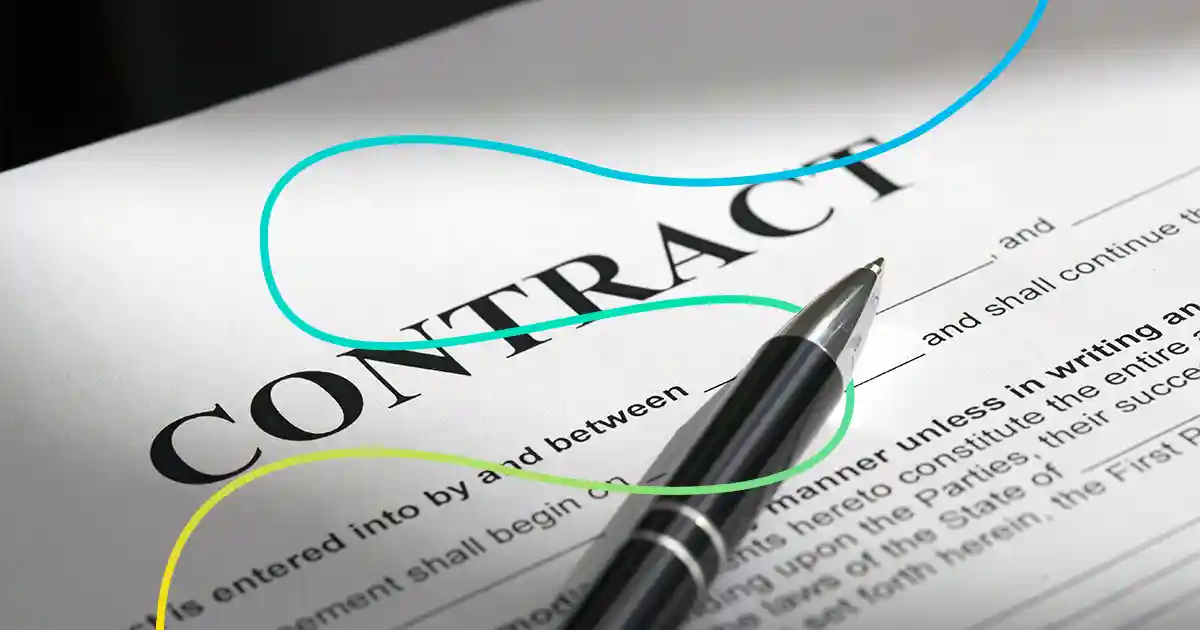In some organizations contract management is undervalued in some organizations, which can lead to errors, financial losses and compliance risks. Lack of clear processes and oversight can result in important deadlines being missed, critical terms and conditions being mishandled or responsibilities in a collaboration being unclear.
Effective contract management can ensure that your organization's contracts become a strategic strength rather than a potential weakness.
What is contract management?
Contract management is a systematic approach for managing contracts through their entire lifecycle - from conception and negotiation to signing, execution and ongoing monitoring. It involves ensuring that contracts contribute to the organization's strategic goals and minimize potential risks.
A well-defined contract management structure consists of several phases:
- Drafting and negotiation, with a focus on ensuring clear, measurable and legally binding agreements.
- Approval and implementation as well as effective communication of the contract content to relevant stakeholders.
- Monitoring and follow-up to ensure deadlines and terms are met.
- Evaluation and regular review of contract performance and the possibility of renegotiation.
The process allows the organization to control all phases of a contract and requires a cross-functional effort that combines technical, legal and business skills. It ensures that contracts comply with relevant legal requirements and deliver optimal value.
A well-established contract management process creates a clear overview of roles and responsibilities so there is no doubt about who handles critical tasks such as follow-up, renegotiation or compliance checks. It also ensures that hidden risks are identified and eliminated early, protecting the organization from financial losses and legal challenges.
READ ALSO: Supply Chain Security: Get Started with Third Party Risk Management
Why is contract management important?
Contracts are the backbone of many organizations' business activities, and a poor approach to contract management can have major consequences. An overlooked payment term or a breached obligation can lead to financial losses that affect the organization's bottom line. A broken contract can lead to litigation or disputes that cost time and money. Then there's reputation - one mistake can undermine the trust of business partners and affect future business opportunities.
Having an effective contract management strategy allows your organization to actively monitor contracts and continuously optimize them so they continue to add value. It also provides a great opportunity to navigate the constantly changing regulatory environment with greater confidence.
Having a clear overview of all contracts also allows you to identify areas where terms can be renegotiated, collaborations can be strengthened and new business opportunities can arise.
How do you ensure effective contract management?
In order to make contract management a success, it is essential to think strategically and use the right tools. Consider implementing a contract management software that provides full transparency and an overview of contracts. This way, the organization can easily keep track of agreements, get automatic reminders of important dates and monitor whether contracts are delivering the desired value.
In addition, roles and responsibilities need to be clearly defined so it's easy to see who follows up on what - and when it needs to be done.



